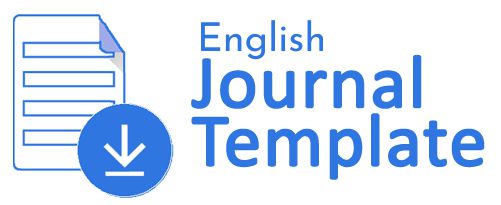SHORT-TERM FORECAST FOR THE GROWTH OF INDONESIA'S NEW RENEWABLE ENERGY USING THE ADAPTIVE NEURO-FUZZY INFERENCE SYSTEM
DOI:
https://doi.org/10.34012/jurnalsisteminformasidanilmukomputer.v6i2.3477Abstract
Electric power plants always use fossil fuels such as coal, oil, etc. However, the fossil fuel supply in Indonesia is decreasing from year to year. This causes power plants to be powered by using fuels that will not run out, such as solar Energy, water, wind, and others. Solar Energy, water, wind, and others are Alternative Energy or can also be called New and Renewable Energy. To guarantee a power plant powered by alternative Energy, it must be analyzed regarding the growth of new and renewable Energy. The method used in analyzing the development of new and renewable Energy is the Adaptive Neuro Fuzzy Inference System Method. MW or 0.599%. This result has increased yearly in Indonesia's new and renewable energy growth.Downloads
Published
How to Cite
Issue
Section
License
Copyright (c) 2023 Yoga Tri Nugraha, Despaleri Perangin-Angin, Togar Timoteus Gultom, Winner Parluhutan Nainggolan, Delima Sitanggang

This work is licensed under a Creative Commons Attribution-ShareAlike 4.0 International License.
Authors who publish their manuscripts through the Journal of Information Systems and Computer Science agree to the following:
- Copyright to the manuscripts of scientific papers in this Journal is held by the author.
- The author surrenders the rights when first publishing the manuscript of his scientific work and simultaneously the author grants permission / license by referring to the Creative Commons Attribution-ShareAlike 4.0 International License to other parties to distribute his scientific work while still giving credit to the author and the Journal of Information Systems and Computer Science as the first publication medium for the work.
- Matters relating to the non-exclusivity of the distribution of the Journal that publishes the author's scientific work can be agreed separately (for example: requests to place the work in the library of an institution or publish it as a book) with the author as one of the parties to the agreement and with credit to sJournal of Information Systems and Computer Science as the first publication medium for the work in question.
- Authors can and are expected to publish their work online (e.g. in a Repository or on their Organization's/Institution's website) before and during the manuscript submission process, as such efforts can increase citation exchange earlier and with a wider scope.














